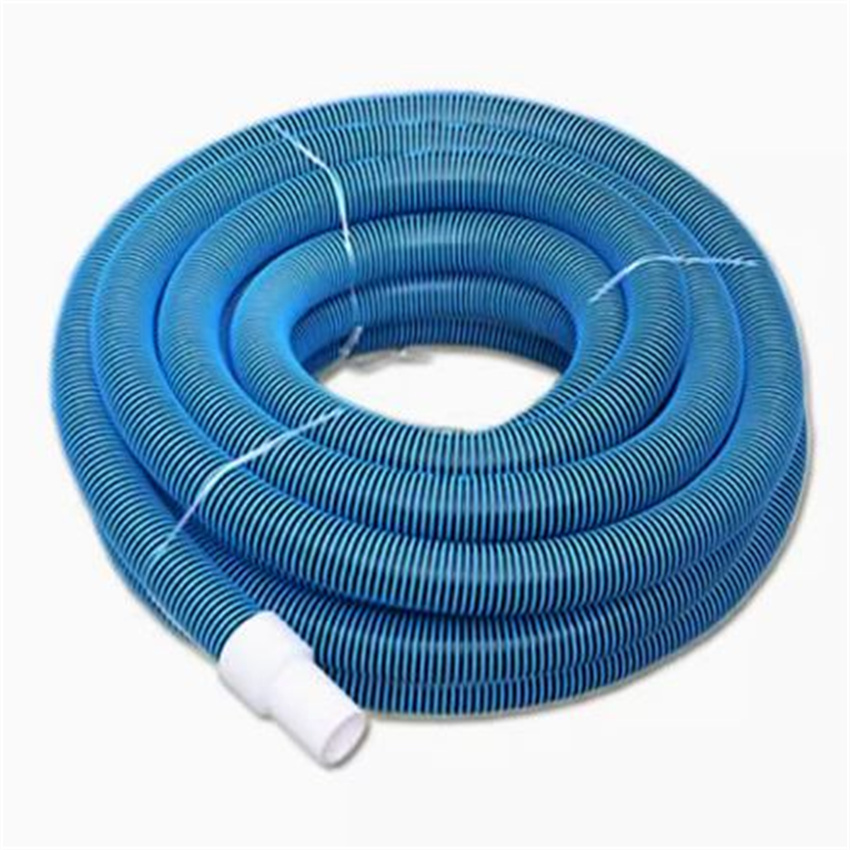PVC vs Rubber Air Hose Comparison for Performance and Durability
PVC vs. Rubber Air Hoses A Comprehensive Comparison
When it comes to air hoses, two materials dominate the market PVC (Polyvinyl Chloride) and rubber. Each type of hose has its own unique features and benefits, making them suitable for different applications. In this article, we will explore the characteristics, advantages, and disadvantages of both PVC and rubber air hoses to help you make an informed decision for your specific needs.
1. Material Composition
PVC air hoses are made from a synthetic plastic polymer. This material is known for its durability and resistance to weathering. Rubber air hoses, on the other hand, are made from natural or synthetic rubber compounds. These hoses are flexible, resilient, and can handle a wider range of temperatures compared to PVC.
2. Flexibility and Ease of Use
One of the standout features of rubber air hoses is their exceptional flexibility. They can easily coil and uncoil without kinking, which allows for easier handling and storage. This flexibility is particularly beneficial in a work environment where hoses need to be maneuvered around obstacles.
On the contrary, PVC hoses tend to be less flexible, especially in colder temperatures. They can become stiff and may kink if not handled properly, which can lead to obstructed airflow. Users working in colder climates may find this characteristic of PVC hoses to be a significant disadvantage.
3. Durability and Weather Resistance
Both PVC and rubber hoses offer good durability; however, their resistance to environmental factors differs. PVC hoses are resistant to abrasion and corrosion, making them suitable for moderate outdoor use. They are also lighter than rubber hoses, which can be a factor if portability is essential.
Rubber hoses, however, shine in extreme weather conditions. They remain flexible and resilient in both hot and cold temperatures. Additionally, rubber is generally more resistant to UV exposure, ozone, and chemicals. This makes rubber hoses a better choice for industrial or outdoor applications where they might be exposed to harsh elements.
4. Weight and Portability
air hose pvc vs rubber

When it comes to weight, PVC hoses are lighter than rubber hoses. This makes PVC air hoses easier to transport and maneuver, especially for those who need to frequently move their equipment. While rubber hoses provide more durability, their added weight can be a drawback for certain users who prioritize ease of handling.
5. Cost
Cost is an important factor for consumers when selecting air hoses. Typically, PVC hoses are less expensive than rubber hoses due to lower production costs. For budget-conscious users or those who only need a hose for light to moderate tasks, a PVC hose can be an economical choice. However, it’s worth considering that while PVC hoses have a lower initial cost, their lifespan may be shorter, leading to potential replacement costs.
Rubber hoses, while initially more expensive, often provide better longevity and performance in harsher environments. For heavy-duty applications or professional use, investing in a quality rubber hose might save money in the long run by reducing the need for frequent replacements.
6. Application Suitability
Different applications may dictate which type of air hose is more suitable. PVC hoses are ideal for light-duty tasks such as inflating tires, general air supply for small tools, or home use. Their lightweight design and versatility make them a good choice for casual users.
In contrast, rubber air hoses are preferred for heavy-duty industrial applications where high pressure and rugged environments are common. They are also more suitable for moving air in extreme temperatures and are often used in automotive shops, factories, and construction sites.
Conclusion
In summary, both PVC and rubber air hoses have their distinct advantages and potential drawbacks. PVC hoses are lightweight, budget-friendly, and suitable for lighter tasks, making them ideal for home use or moderate applications. Rubber hoses, with their superior flexibility, durability, and weather resistance, are well-suited for heavy-duty and industrial applications.
Ultimately, the choice between PVC and rubber air hoses will depend on your specific needs, budget, and application environment. By considering these factors, you can select the right air hose that meets your requirements, ensuring efficient and reliable performance for your projects.
-
Welded Wire Mesh Panel: Durable, Versatile, and AffordableNewsJul.28,2025
-
Top Quality Oxy Acetylene Hoses for Sale Fit for Welding DemandsNewsJul.28,2025
-
The Future of Pneumatic Air Tubes in IndustryNewsJul.28,2025
-
Superior and Reliable LPG Hose Pipe Solutions for Every NeedNewsJul.28,2025
-
Exceptionally Durable and Versatile Premium Braided PVC TubingNewsJul.28,2025
-
Best Adapters for Connecting Garden Hose to PVC Pipe ConnectionsNewsJul.28,2025














